Antibiotic overuse in animals might even be graver than in humans. In the US, 70% of all used antibiotics are routinely given to healthy(!) animals. And it turns out that many of these antibiotics given to animals are excreted without being metabolized. In swine this is true for 75% of the tetracycline that is given.
This preventive use and the imminent release in the environment which follows, results in increased opportunities for bacteria to encounter these antibiotics in nature and resistant strains becoming the dominant strain.
And this dominance can travel far: an unexpectedly high presence of drug-resistant E.coli was found in Arctic wildlife, which is speculated to have been brought by migratory birds.
But this problem with release of antibiotics into the environment lies not only in waste from livestock farms, but also from pharmaceutical factories and households. One study showed that just over 20% of individuals return unused or expired drugs to a pharmacy for proper disposal, a much larger part is simply flushed down the toilet. And this is a problem as antibiotics are not something that you can simply filter out of the water.
This irresponsible use of antibiotics makes these compounds more and more present in the environment, which could decrease their effectiveness.

Sources/further reading


